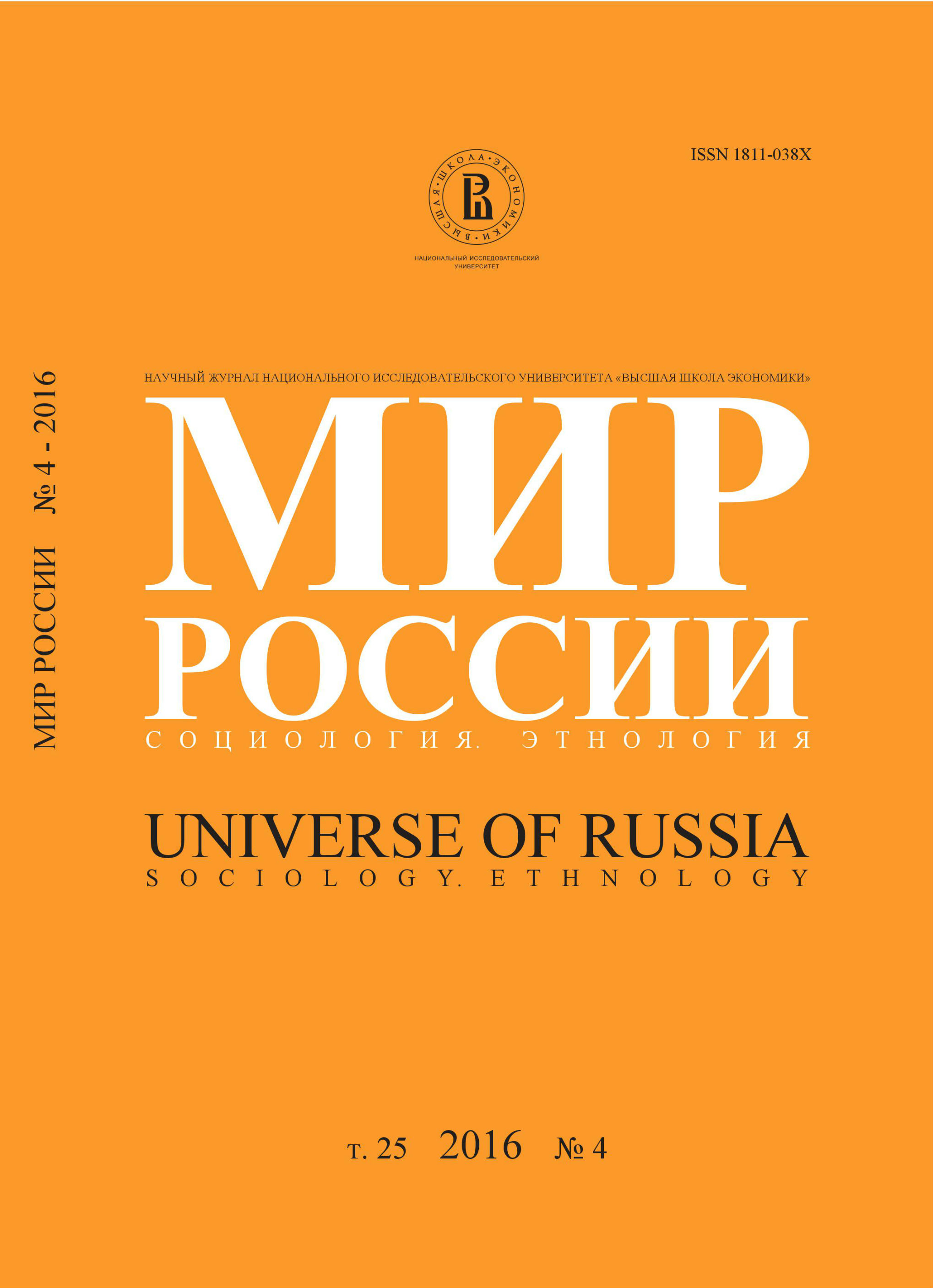The Divergent Social and Economic Consequences of the Transformation in Post-communist States
Abstract
David Lane — Fellow of the British Academy of Social Sciences, Emeritus Reader in Sociology and an Emeritus Fellow of Emmanuel College, University of Cambridge, Cambridge. Address: CB2 3AP, United Kingdom. E-mail: DSL10@cam.ac.uk
The dismantling of state socialist societies entailed the introduction of economic liberalisation and liberal democracy in all the new independent states. This paper considers the structural changes, the effects of these transformations on people’s well- being, and people’s perceptions of the political and economic consequences. A distinction is made between two sets of outcomes: first, the inclusion of the New Member States (NMS) of Central and Eastern Europe into the European Union and their integration into the world economy; second, the group of states which formed the Commonwealth of Independent State (CIS) and retained elements of state socialism and became hybrid regimes. Structural developments are compared in terms of the type of economic coordination, political power and integration into the world economic order. Outcomes of the post-socialist states (compared to China) are considered in terms of economic and human development.
The NMS are shown to have made a more successful transition than those of the CIS. While support for capitalism and liberal democracy was initially high, developments have led to widespread scepticism. The formation of political democracy has been more successful and better received than the shift to a market economy. Divergences in human development indicate that the expected convergence to the levels of advanced Western countries has not occurred. All the post-socialist states are shown to be divided societies with considerable levels of disillusionment particularly by the older population and lower economic classes. Dispositions towards the new regimes are more positive in some of the NMS than in the CIS.
Possible future prospects are discussed. Developments in the NMS are dependent on policies acceptable to the European Union which severely limit their scope. If the CIS countries, it is contended, continue to follow a neo-liberal policy, they are likely to experience more de-industrialisation and de-development. An alternative policy of national capitalism or a social-democratic form of capitalism is more likely to promote modernisation and development. Both involve considerable state involvement.






